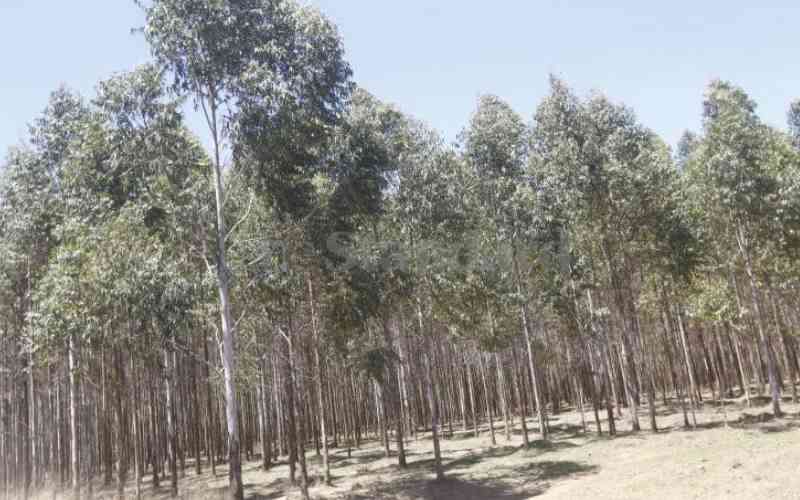×
The Standard e-Paper
Join Thousands Daily

Did you know that a single eucalyptus tree consumes about 100 litres of water a day, even more than an elephant?
So you can calculate how much water is lost if you have one acre under these thirsty trees.